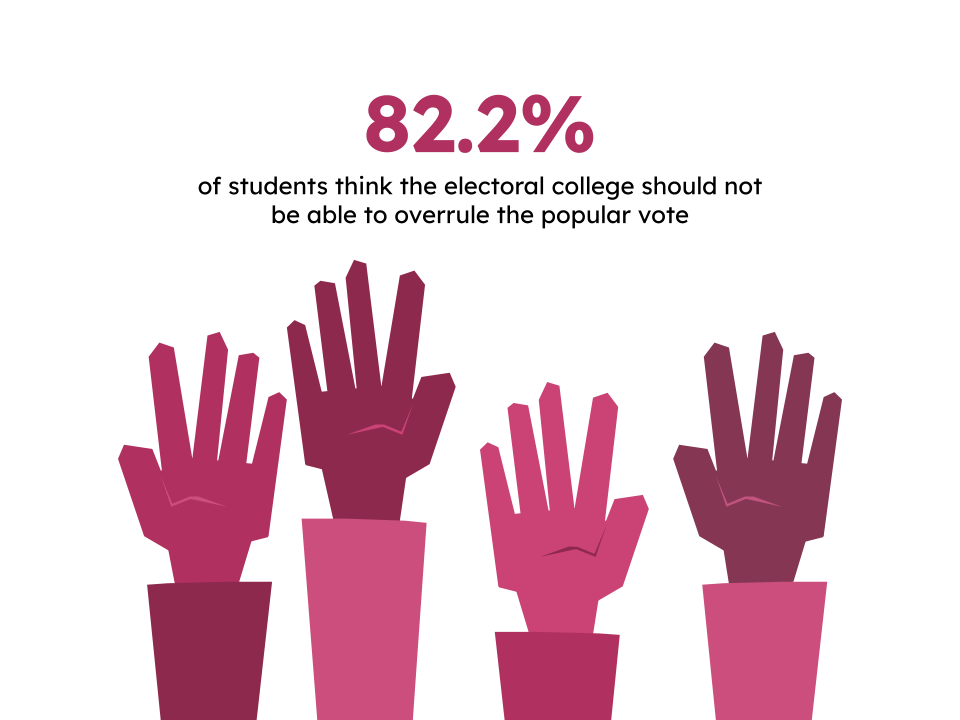It’s a delicate and fickle process; it takes time and the careful gathering of each ingredient. Measurements must be precise, flavors balanced and presentation flawless. The stakes are high, and the judges are seasoned experts, scrutinizing every detail with an eye for excellence.
Every year, millions of high school students seeking higher education face the challenge of applying to college. They sift through misinformation and conflicting advice to assemble the ingredients of a vague recipe for success, one that includes: extracurricular activities both within and outside of school, a high GPA, a high SAT or ACT score, national or state recognition or awards and excellent essays.
Most U.S. colleges use holistic review, focusing on qualitative assessment over test scores. Unlike many countries that prioritize GPA and standardized tests, this approach encourages students to showcase success and unique achievements, making applications more flexible but less defined.
Many organizations have been founded with the intent of demystifying the college process for students. The Common Application (Common App) is a nonprofit organization that allows students to send a single application to multiple colleges of their choice. Over 1,100 colleges in the U.S. use the Common App; however, many of them also require supplemental, college-specific essays.
One tool available to applicants is the Common Data Set, an annual questionnaire that nearly every college in the U.S. fills out and releases to the public. The data set includes a wide range of information and statistics that help students understand what each college is looking for.
Still, plenty of confusion remains about what elements of their applications students should be focusing on. Different colleges prioritize different aspects of a student’s application, so it’s hard to put one as objectively more important than the other. Excelling in a couple of areas gives students more leeway in other areas, according to U.S. News. Admissions officers might look more kindly on a student with unimpressive grades if their extracurricular involvement and Common App essay are strong enough.
Dan Budak, Director of Admissions at Vermont Law and Graduate School, told U.S. News that colleges seek students who will be successful in a college setting, and that doesn’t necessarily mean having a high GPA.
“We are looking for students who are most likely to succeed, and we see that both in academic preparation and professional experience, as well as their understanding and fit with our program offerings,” Budak said.
Many college admissions officers consider fit an essential part of college applications and warn against submitting generic responses to supplemental prompts.
“Applications that stand out show us your interest in us specifically,” Budak told U.S. News. “Are there particular faculty you’d like to learn from or courses you want to take? Explain why they are interesting to you.”
High school students regard the Common App essay—a 650-word personal statement that can be written about anything of the student’s choosing—as one of the most daunting elements of the college application process.
Communications High School (CHS) junior seminar teacher Courtney Conroy warns high school students against saving their college essays for the last minute, as it can be one of the most difficult and time-consuming of the application.
“In high school, a lot of times we’re writing for other purposes, and it’s the first time for a lot of people where they’re talking about themselves,” Conroy said. “So, getting started early and giving yourself a lot of time produces the highest quality application.”
Another CHS junior seminar teacher, Emily Soto, encourages students to, above all else, have faith.
“Enjoy the process,” Soto said. “Yes, it’s stressful, but it only happens once.”










